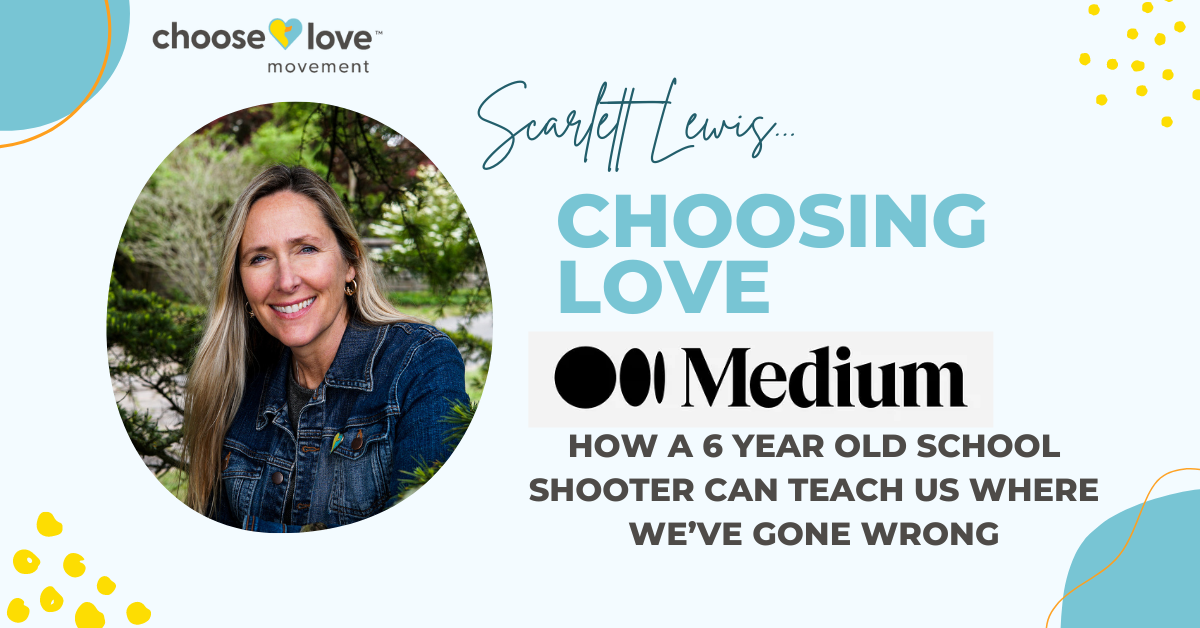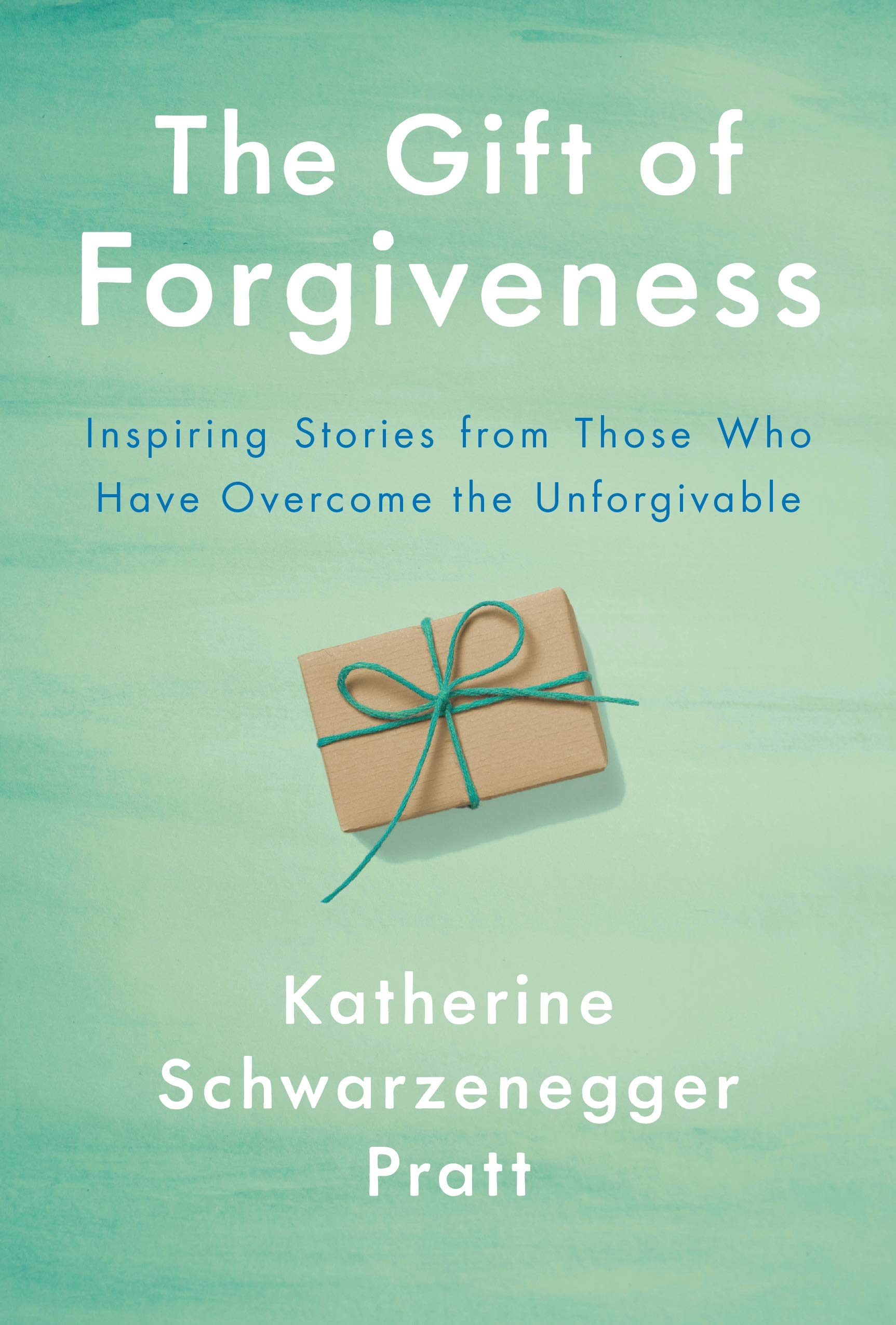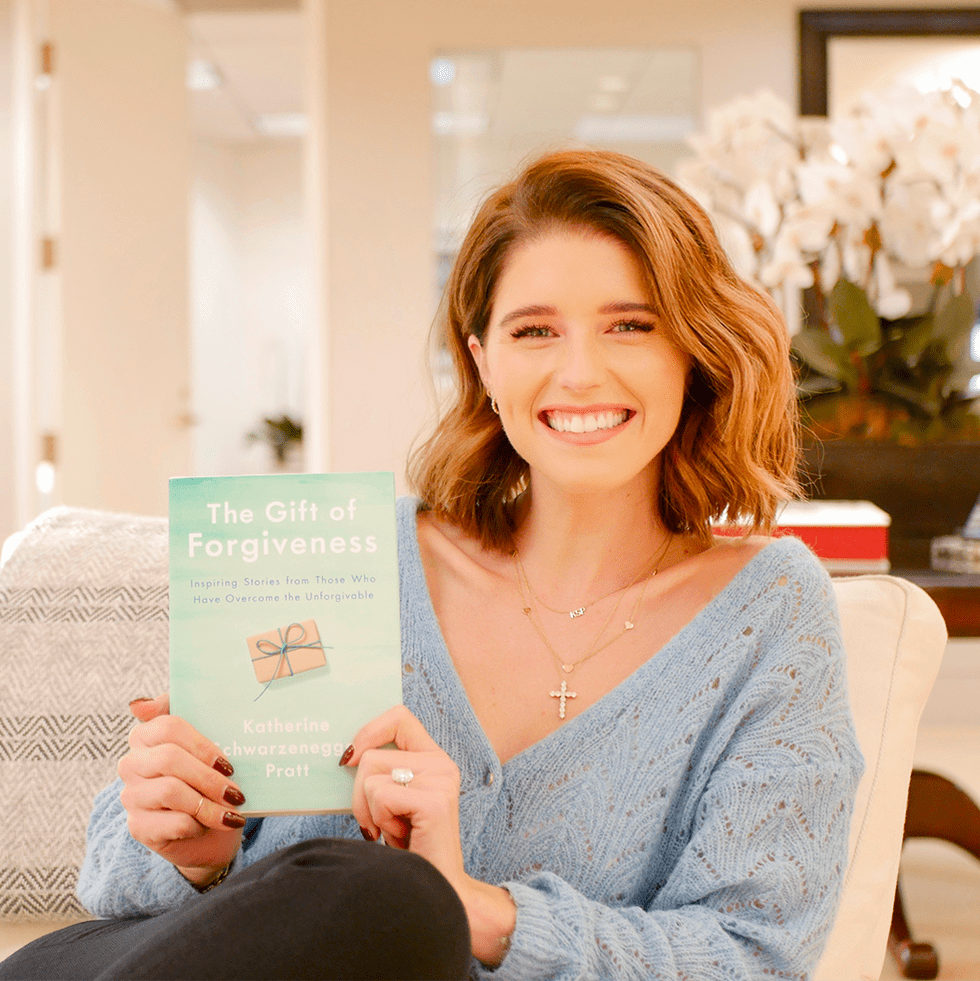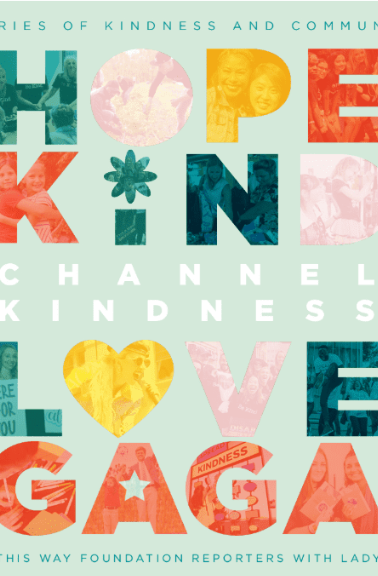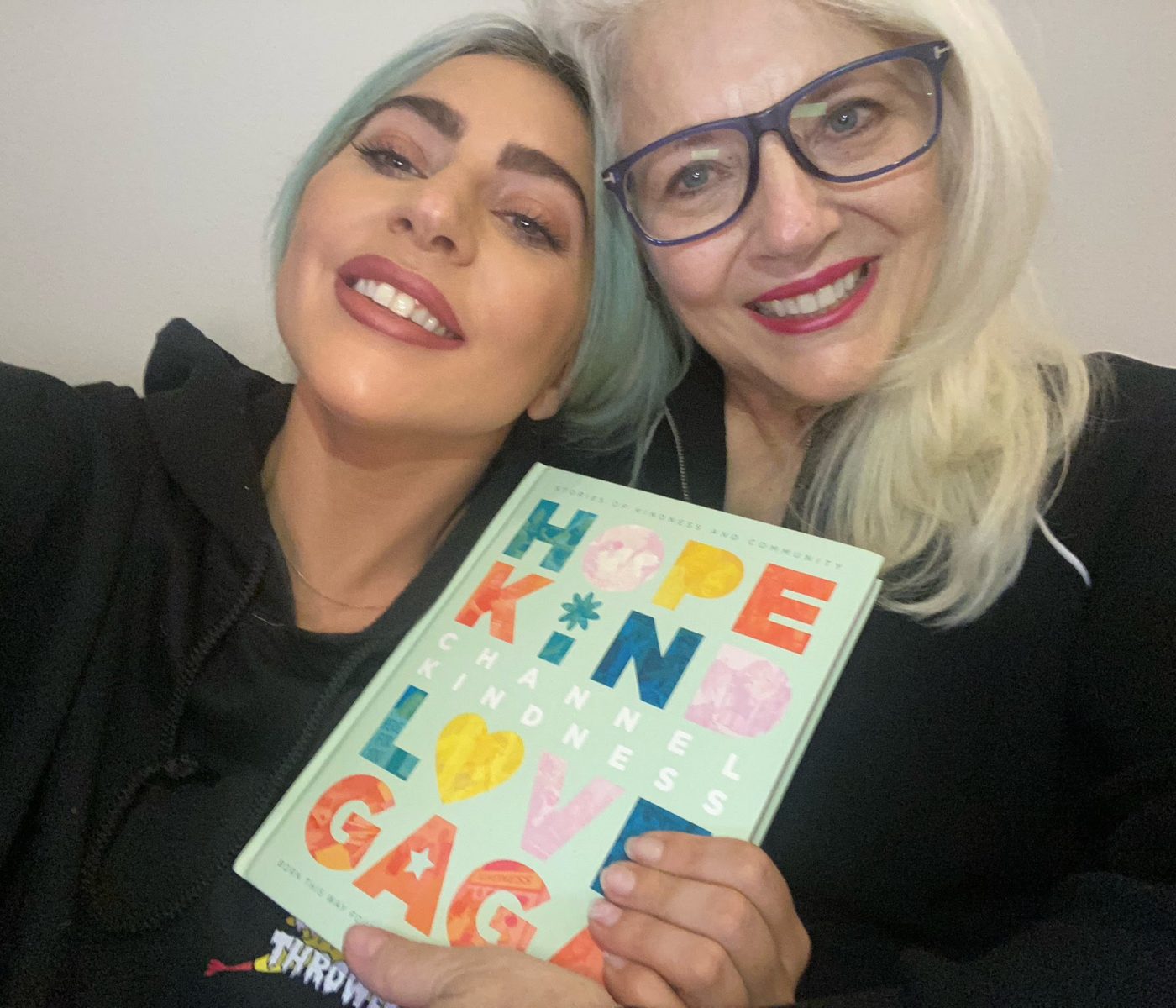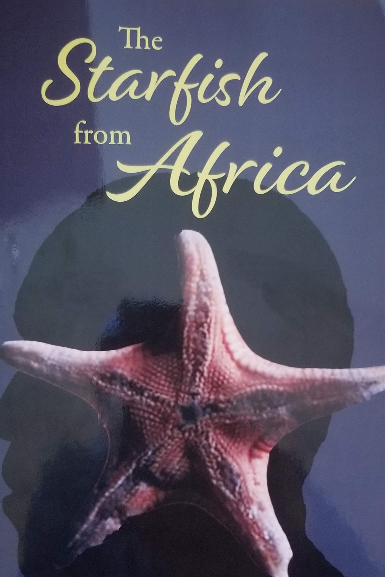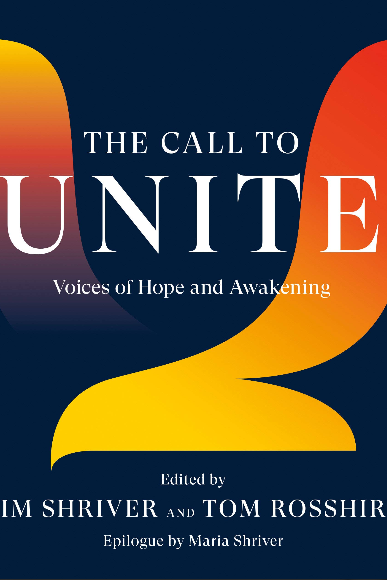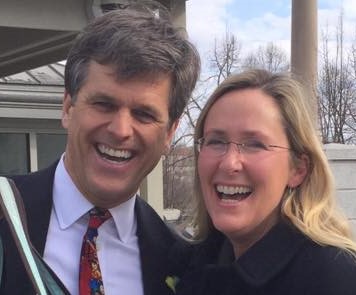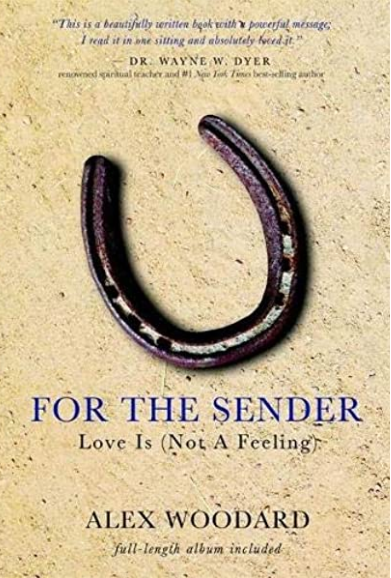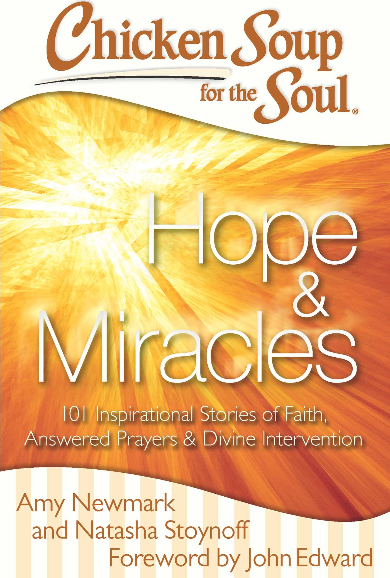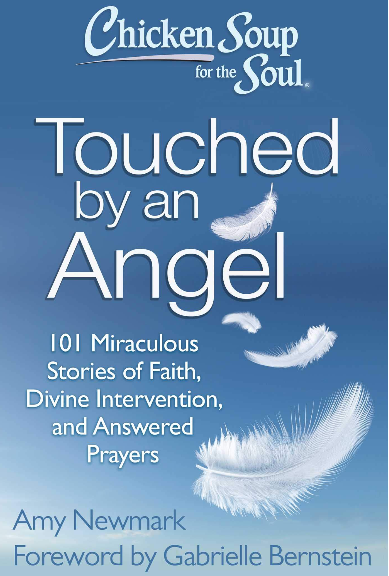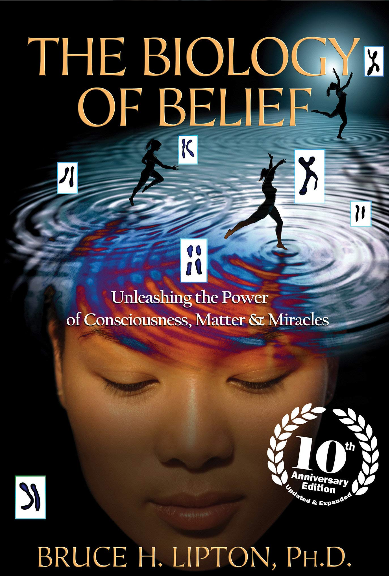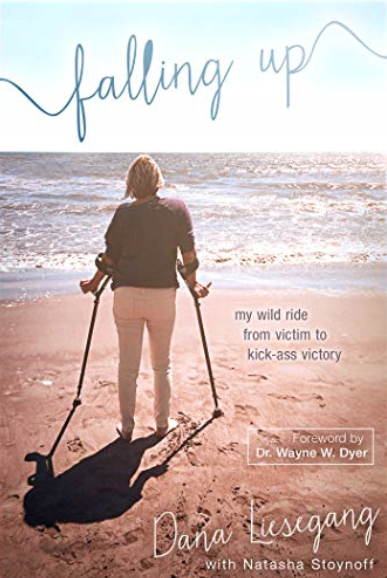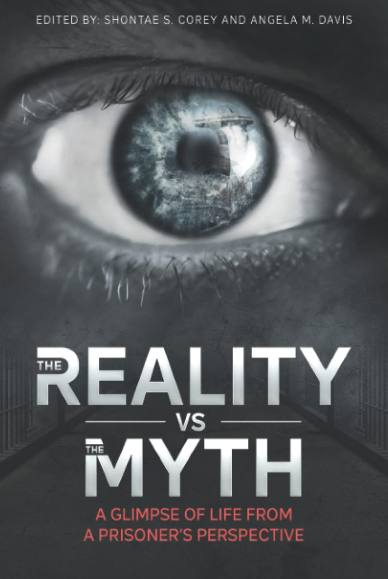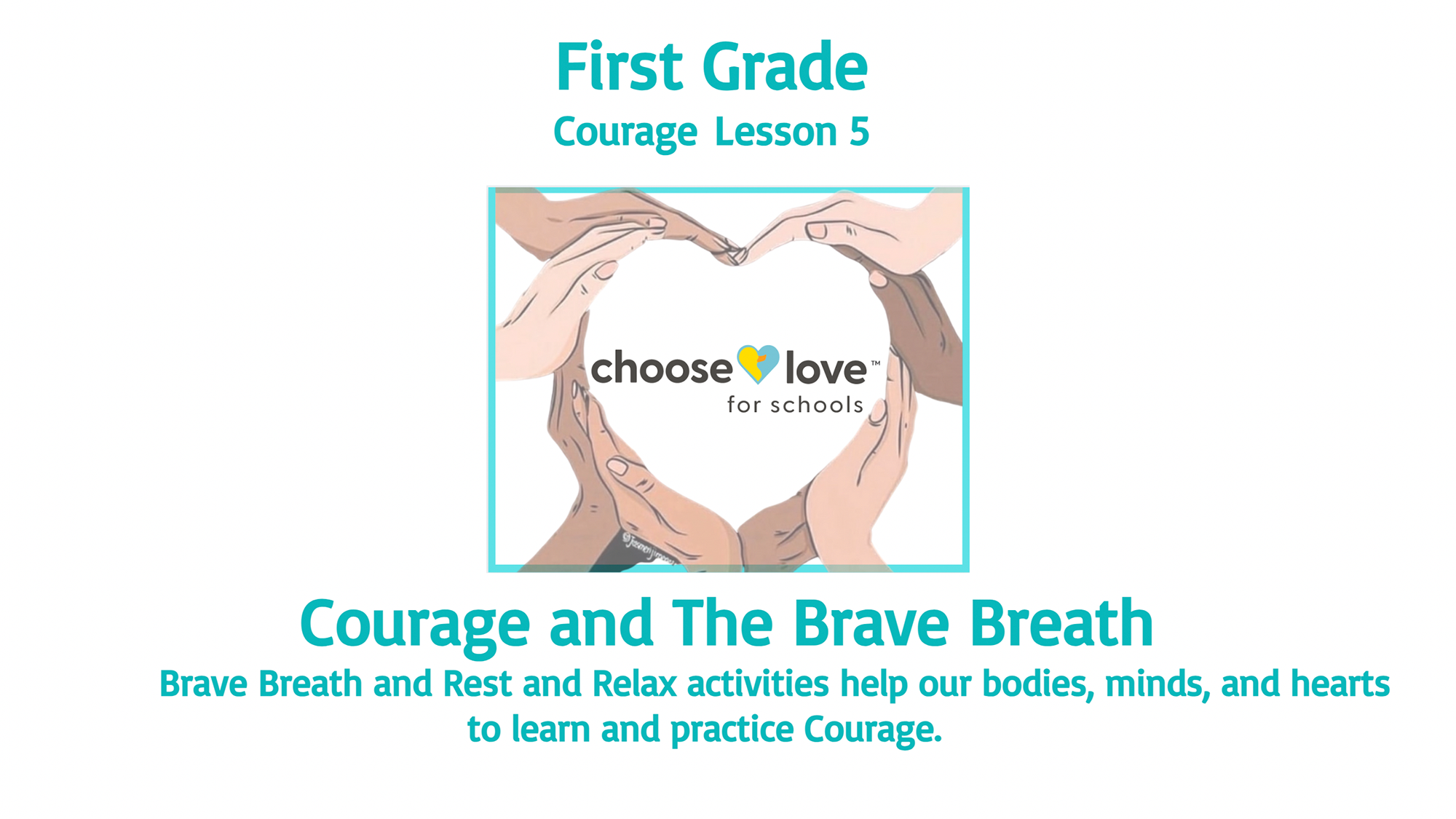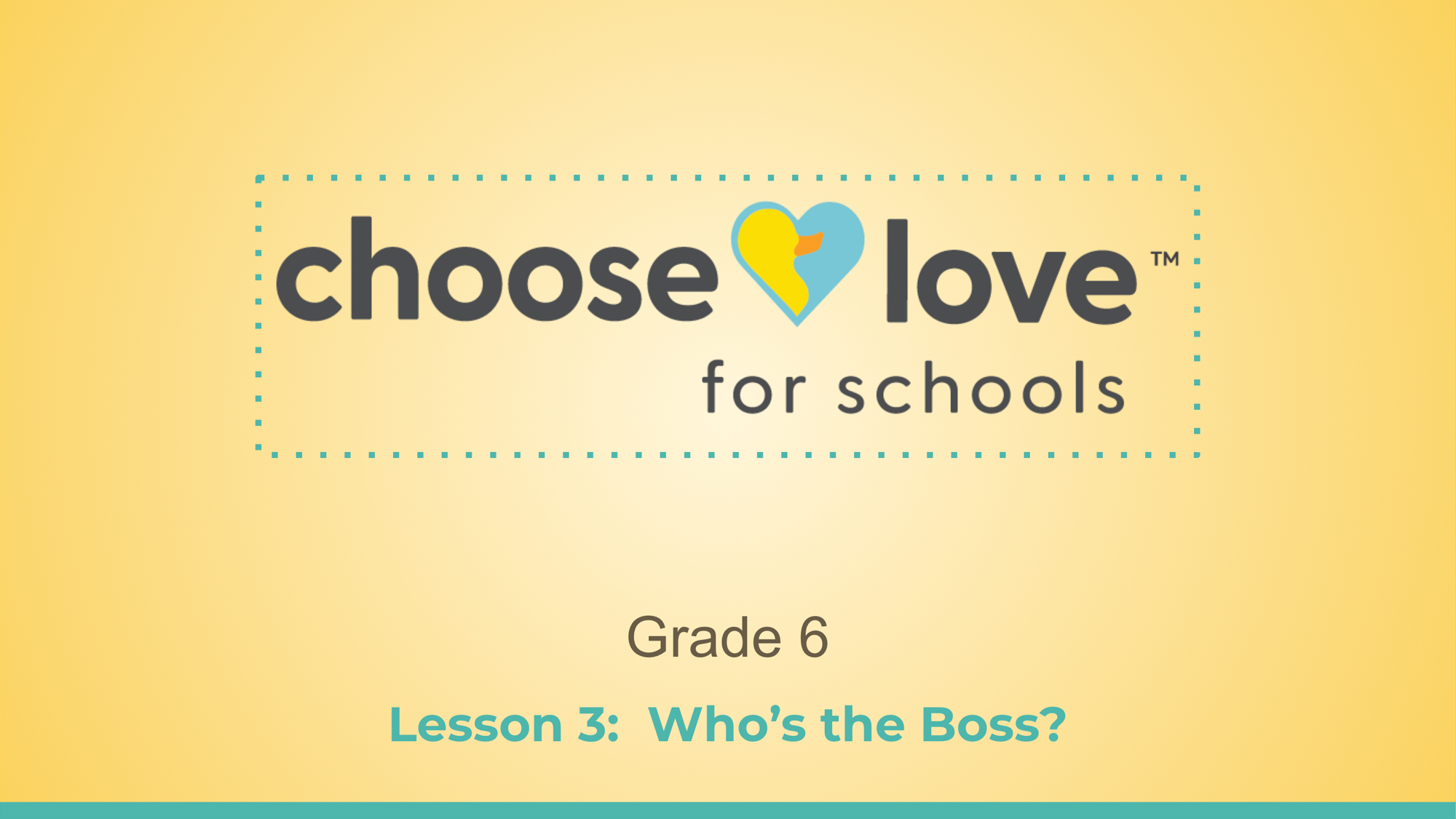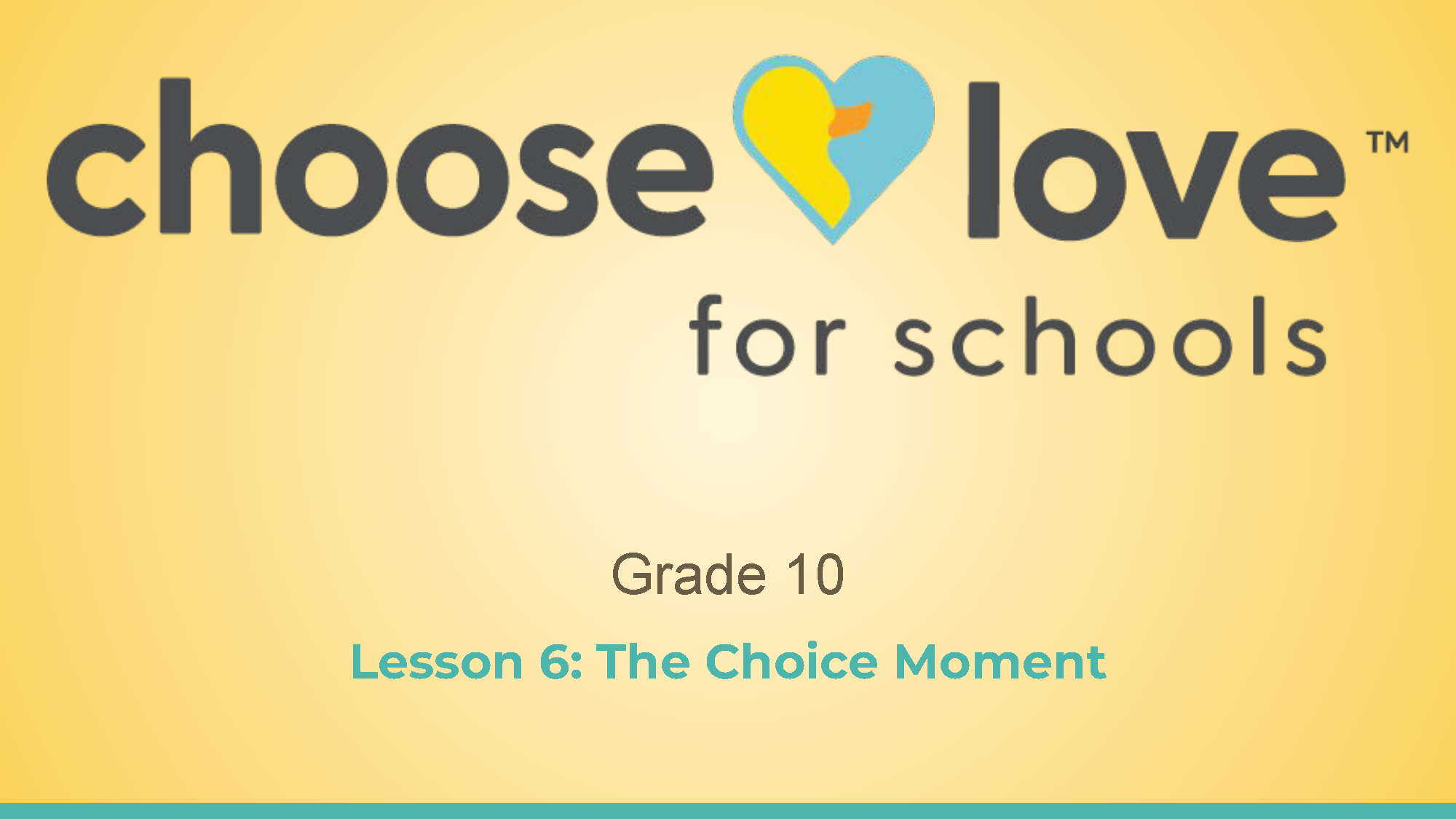We call school shooters ‘evil’ and ‘monster’ but the reality is, they weren’t born that way.
Recently in the news we read about a 6 year old child in Newport News, Virginia, who brought a gun to the school in his backpack and shot his first grade teacher in the chest during an altercation. The boy was immediately taken into custody. Thankfully the teacher lived. Here is where the question lies, who do we blame?
Let’s face it, when we blame someone else, we’re off the hook!
Blame comes naturally as we are wired to focus on the negative for our survival. Neuroscience shows that our lizard brain (freeze, fight, or flight) works four times faster than our human brain (prefrontal cortex where logic and reasoning reside.)
When something happens it is natural to assign blame. It’s called ‘fundamental attribution bias.’ As humans, we have a tendency to believe that someone’s actions determine who they are, rather than taking into consideration other factors such as environmental or social.
It’s pretty difficult, in this case, to lay all the blame on a 6 year old boy.
We rush to call school shooters ‘evil’ and ‘monster’ but the reality is, they weren’t born that way. They were cultivated into becoming a child who kills. How does that happen? What can we do? We must take responsibility for raising kids that can manage to overcome our innate natural instinct to perpetuate our species by not killing one another.
What does taking responsibility look like?
Taking responsibility for your actions takes courage, especially when it comes to a mistake. Modeling to children how we handle difficult situations like showing courage to get through a difficult situation, or showing forgiveness to ourselves and to others. Teaching our kids to have the courage to face their pain, and fortifying them with the essential life skills they need to learn from it, grow through it, and be strengthened by it.
As humans, we were created to grow through difficulty. This is called Post Traumatic Growth.
With social and emotional skills, tools and awarenesses, pain is an opportunity for growth. Teaching children social emotional competencies, and providing them with the tools to recognize and manage their emotions will help them flourish.
Engaging whole schools, homes and communities with character social emotional development will create a ripple effect of kindness, happiness, and compassion, which will lead to a safer, more peaceful and loving world.
We just launched a Choose Love for Prison program through the Department of Corrections in New Hampshire. Inmates at the graduation ceremony said if they had learned these essential life skills when they were younger, they wouldn’t have made the decisions that landed them in prison.
It’s important we start providing for our children’s needs, and this includes relationship skills, responsible decision-making and emotional management.
Our responsibility is to make sure our children have what they need to live the best life possible. I’ve dedicated my life to this endeavor and it starts by learning how to Choose Love.

This article has been published by Medium.
Read more articles by Scarlett Lewis on Medium.

